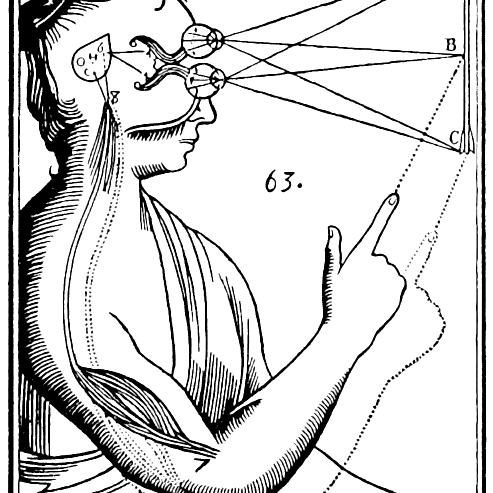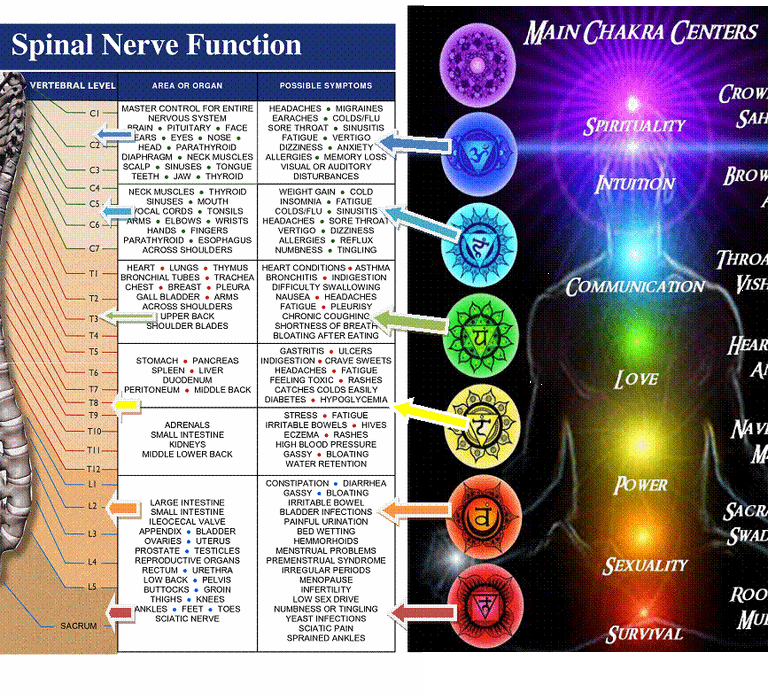There are physical benefits to yoga asana practice: strength, stamina, slim/athletic appearance etc. But these are side-effects to achieving inner peace..
Yoga and Science
YOGA AND SCIENCE
Just like the famous snake oil potion sellers of the Wild West, Yoga has a very long and colourful history of charlatan’s and crooks. It has been associated with making unfounded, unsubstantiated claims about it’s medical efficacy and has even promised the attainment of super powers!
Whether it’s the gripping tales of magical yogi’s told by Parahansa Yogananda in his Autobiography of a Yogi or the huge amount of time dealing with the sidhis or supernatural powers in Patanjali’s Yoga sutras, yoga culture is rife with flights of fancy.
Buzzkill
Although some yogis find it a bit of a buzzkill, scientific inquiry is building a steady body of evidence demonstrating a huge medical effectiveness! Science is just a really good way to ask the right questions in the right way. Collect existing data, formulate what you want to find out and present criteria for it be disproved as well as proved. Have big sample sizes and devise ways to make your investigation more objective (double blind, control groups etc) and publish your methods and findings in an academic journal to be scrutinised by experts in your field.
When we cast a proper scientific lens on the effects of yoga we find out that many of its claims certainly are very true!
Yoga works!
And there's plenty of research to back it up!
There is a large body of evidence to show that yoga is very effective in helping to reduce lower back pain and anxiety and depression and Inflamation, high blood pressure and diabetes. In fact all of the disorders known to disproportionally affect the poorest and most disadvantaged people in western society. The question most perplexing to western society isn't whether yoga is effective but why! How does yoga work?
Here's my list of 4 key reasons why yoga works!

4 Key reasons why yoga works!
1. It recognises that the mind and the body work together
Western thinking is influenced by Cartesian Dualism (the idea that the mind and the body are completely separate and therefore has a forensic approach to the body and the brain).
Yoga takes an holistic approach to health and wellbeing.
Western medicine is aware that the "Placebo effect" is essentially using the mind to heal the body. But it lacks a framework to fully investigate this and pharmacutical companies would be unlikely to want to persue it. The role of a positve mental outlook has been shown to be a critical factor in cancer prognosis, at least as an adjuct to medical treatment.
2. The primacy of the Breath
Control of the breath dates back to the earliest of the Veda's (the ancient text from which yoga is first explained). The breath is understood as the gateway to the mind and the way to control the mind. Controlling the breath (pranayama) activates the parasympathetic nervous system, which in turn helps to calm and repair the body. Many western diseases are caused by over stimulation of the limbic (fight or flight) system and the fast shallow breathing that accompanies it.


3. Toning the Vagus Nerve
The Vagus nerve runs helter skelter down the torso and connects to the main glands and organs. It is critical in the production and regulation of hormones and the maintance and funtioning of our organs and is closely associated with the funtioning of the autonomic nervous system. Nerves pass through sheaths (a bit like bycycle cables) and need to move freely and have an excellent blood supply for a constant flow of oxygen (without which they can decay VERY quickly). The stretching, twisting, bending and extending of the torso in yoga has been shown to be great for improving vagal tone.
4. It stretches fascia
Highly qualified and motivated professionals
Anatomists dissecting the body used to throw the fascia away, thinking it was just some sort of gunk! We now know that fascia (the thin tissue under your skin and around your major organs) has some really important functions. We know that when we stretch fascia it produces molecules that are imortant for the immune system. Research tells us that people with depression have significantly tighter fascia between the shoulder blades than other people. And stretching the fascia can slow down the spread of cancer! Find out more here

© Copyright. All rights reserved.

